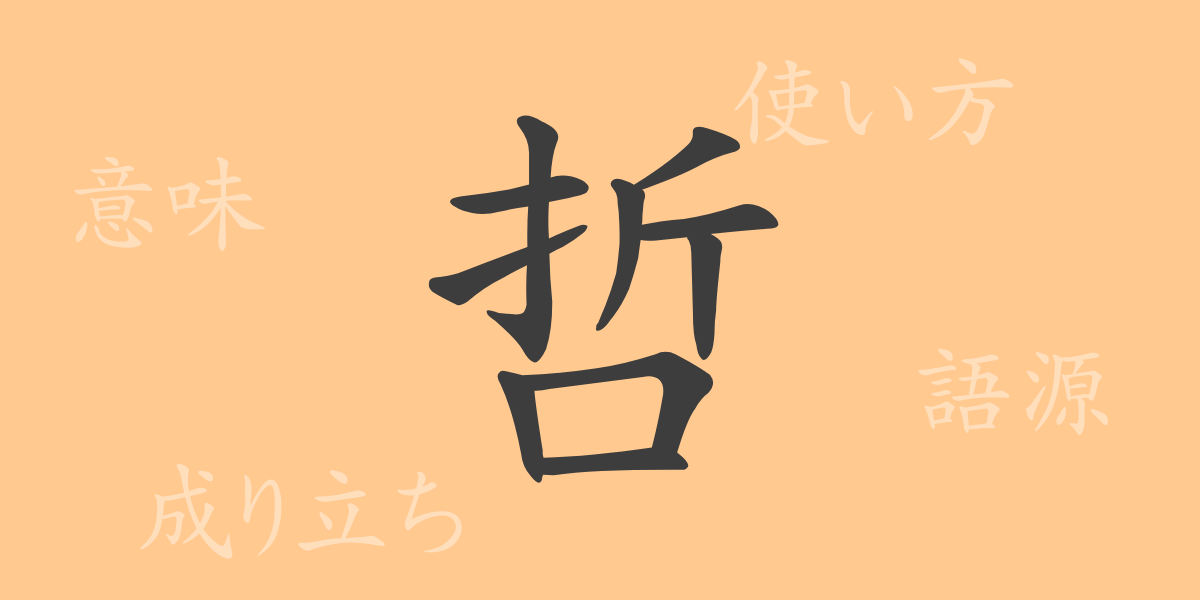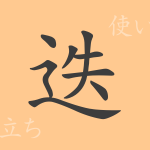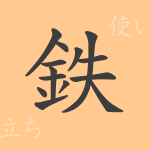The depth of meaning carried by a single kanji character is one of the charms of the Japanese language. ‘哲(テツ)’ might not be commonly used in everyday conversation, but it is imbued with a rich history and philosophical significance. This article delves into the kanji ‘哲’, exploring its origins, contemporary usage, readings, and related phrases, as we explore the profound depths of the Japanese language.
Origins of ‘哲(テツ)’
The kanji ‘哲’ originated in ancient Chinese classical literature and evolved from pictographic characters. Its original form combines ‘言’ (ことばへん), which represents speech and language, and ‘折’, signifying wisdom through articulation. This combination symbolizes a person who imparts wisdom through words—a sage or philosopher.
Meaning and Usage of ‘哲(テツ)’
‘哲’ carries meanings such as ‘wise’, ‘clear’, and ‘philosophical’, and is used to indicate a person’s superior intellect or understanding. It is frequently employed in discussions of abstract concepts, especially in philosophy. Its usage extends to adjectives and nouns, and it forms specific terms like ‘philosophy’ and ‘philosopher’.
Readings, Stroke Count, and Radical of ‘哲(テツ)’
Let’s explore the readings and structural details of the kanji ‘哲’:
- Readings: On’yomi is ‘テツ’, with no specific Kun’yomi.
- Stroke Count: 10 strokes.
- Radical: 口部 (くちへん).
Phrases and Idioms Using ‘哲(テツ)’ and Their Meanings
Phrases and idioms that include the kanji ‘哲’ reflect its profound meanings:
- ‘哲学(てつがく)’: A method of thinking that utilizes wisdom and rationality.
- ‘哲学者(てつがくしゃ)’: A person who engages in philosophical thought.
- ‘哲人(てつじん)’: A sage or a wise person.
- ‘人間哲学(にんげんてつがく)’: A field of study that contemplates human existence and its essence.
Conclusion on ‘哲(テツ)’
The kanji ‘哲’ offers more than just a character in the Japanese language; it brings historical depth, rich meanings, and versatile usage that teach us about the beauty and power of language. From this single character, we gain insights into wisdom, philosophy, and the human spirit, prompting us to think deeply about these concepts. The intellectual journey that ‘哲’ symbolizes continues to

























